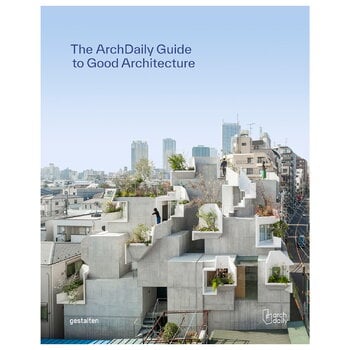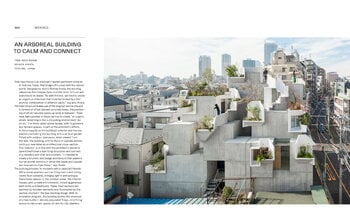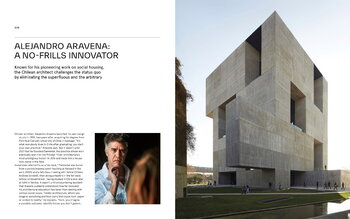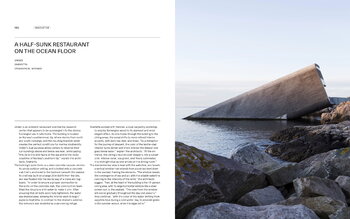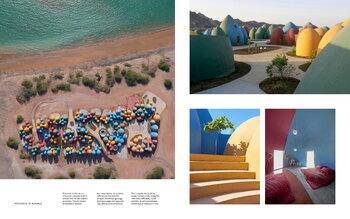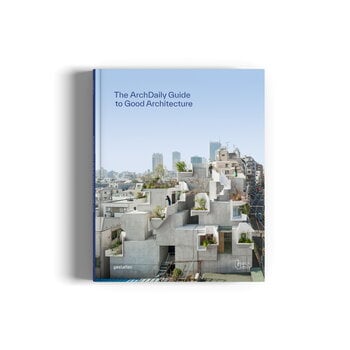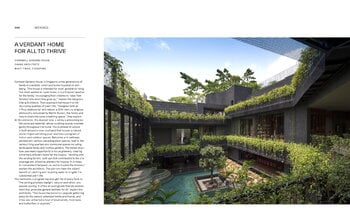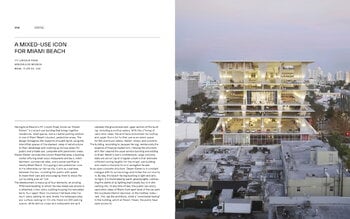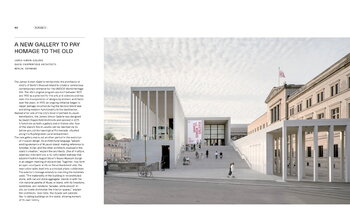The ArchDaily Guide to Good Architecture, published by Gestalten, presents architecture projects curated by the famous Archdaily website. The site's authors and professionals have reviewed tens of thousands of projects of the 21st century, and this huge book highlights the most innovative and impressive of them. The book features both completed projects and buildings and those in the planning stage, from both established architects and emerging talents. The ArchDaily Guide to Good Architecture introduces ideas and thoughts that are building the way for a better and more sustainable future.
Drawing on ArchDaily’s curation of more than 40,000 projects over the past 15 years, it spotlights the most innovative built environments of our age—those paving the way for a better, more sustainable future.
Centered around ArchDaily’s 10 principles of good architecture, the book showcases a rich variety of projects—both built and planned—from a sunken restaurant with subterranean views to a Mediterranean cave transformed into a remarkable residence.
